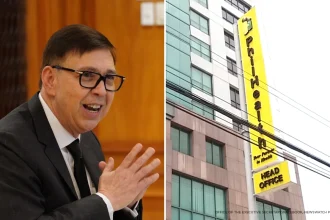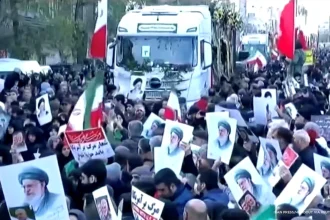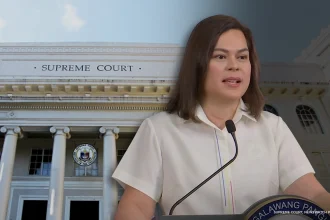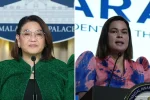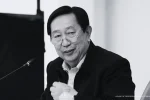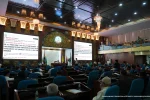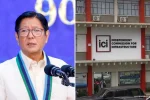
Metro Manila, Philippines – President Ferdinand Marcos Jr. on Monday called on Southeast Asian counterparts to hasten the finalization of a legally binding Code of Conduct (COC) in the South China Sea and stand united against rising protectionism, including US tariffs targeting the region.
Speaking at the plenary session of the 46th ASEAN (Association of Southeast Asian Nations (ASEAN) Summit, Marcos warned that escalating geopolitical tensions and new trade barriers risk undermining regional stability and economic gains.
“We underscore the urgent need to accelerate the adoption of a legally binding Code of Conduct in the South China Sea to safeguard maritime rights, promote stability, and prevent miscalculations at sea,” Marcos said.
His statement comes amid rising confrontations in the disputed waters, where Chinese vessels have frequently harassed Philippine ships. ASEAN and China have been in negotiations for decades on a COC to manage tensions in the strategic waterway, but progress has been slow.
Marcos also welcomed the outcome of a special ASEAN Economic Ministers’ Meeting convened by Malaysia earlier this month, which reached a consensus to avoid retaliatory measures in response to new tariffs, particularly those imposed by the United States.
“This measured and unified approach upholds ASEAN’s commitment to dialogue, diplomacy, and a rules-based multilateral trading system,” Marcos said, without directly naming Washington.
The president said inclusive and sustainable growth must remain ASEAN’s core principles amid the evolving global landscape, warning that without unity and resilience, “segments of our society may be left behind.”
He also urged greater cooperation on climate change, transnational crime, and technology-driven human trafficking, reiterating the Philippines’ support for expanding climate financing for member states.
“As one of the most climate-vulnerable regions globally, nearly half of the ASEAN population faces significant climate-related risks,” he said. “Let us work toward scientific, investment-led, and transformative solutions to the climate crisis.”






